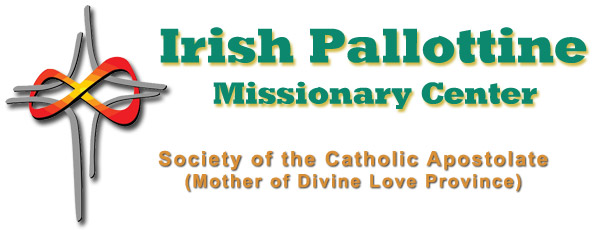
Irish Pallottines
424 Orange St.
Wyandotte, MI 48192
The Epiphany

Epiphany means manifestation. What the Church celebrates this weekend is the manifestation of our Lord to the whole world; after being made known to the shepherds of Bethlehem He is revealed to the Magi who have come from the East to adore Him. Christian tradition has ever seen in the Magi the first fruits of the Gentiles; they lead in their wake all the peoples of the earth, and thus the Epiphany is an affirmation of universal salvation.
In celebrating the Solemnity of the Epiphany we rejoice that "The Lord and ruler is coming; kingship is his, and government and power." With these words the Church proclaims that this feast brings to a perfect fulfillment all the purposes of Advent. The young Messiah is revealed as the light of the nations. Yet, as the antiphon for the Magnificat at Second Vespers reminds us, three mysteries are encompassed in this solemnity: the adoration of the Christ Child by the Magi, the Baptism of Christ and the wedding feast at Cana.
The feast of the Epiphany was kept in the East and in certain Western Churches before being observed in Rome, seems to have been originally a feast of the nativity; January 6, for those churches where it was kept, an equivalent of Christmas (December 25) in the Roman Church. The Feast of the Epiphany is commonly known as Three Kings’ Day in the United States and celebrates the three wise men’s visit to baby Jesus and also remembers his baptism. The Feast of the Epiphany is one of the oldest Christian feasts. It was celebrated since the end of the second century, before the Christmas was established. It is also referred to as 'Twelfth Night', 'Twelfth Day', or 'The Feast of Epiphany'
.
